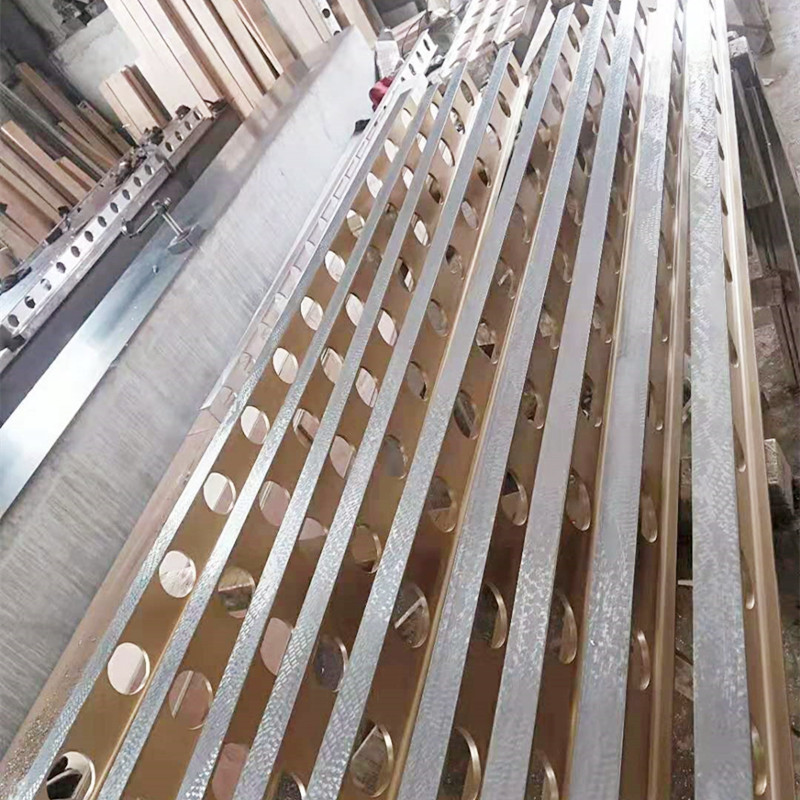Nov . 11, 2024 04:15 Back to list
Understanding the Functionality of Pilot Operated Check Valves in Fluid Systems
Understanding Pilot Check Valves A Vital Component in Fluid Control Systems
In the field of fluid control systems, various components work synergistically to ensure optimal performance and safety. Among these components is the pilot check valve, a crucial device that aids in regulating the flow of fluids and preventing backflow in plumbing and industrial applications. This article aims to explore the definition, function, advantages, and applications of pilot check valves, providing a comprehensive understanding of their importance in modern fluid systems.
What is a Pilot Check Valve?
A pilot check valve is a type of valve that allows fluid to flow in one direction while preventing it from flowing back in the opposite direction. Unlike traditional check valves, which rely on gravity or spring mechanisms to operate, pilot check valves utilize a pilot signal to control their opening and closing functions. This feature makes them particularly advantageous in systems where precise control of fluid flow is essential.
How Do Pilot Check Valves Work?
The operation of a pilot check valve is relatively straightforward. When fluid flows in the intended direction, the pressure created by the fluid activates the valve, allowing it to open and facilitate flow. In contrast, if there is a reverse flow, the pilot mechanism senses the change in pressure and causes the valve to close, effectively preventing backflow. This pilot control allows for a higher degree of responsiveness and efficiency compared to standard check valves.
The design typically includes two main components the check valve itself and the pilot system. The pilot system is usually controlled by a separate source of pressure, ensuring that the valve operates independently from the main flow. This independence is crucial in applications where variable flow rates are present.
Advantages of Pilot Check Valves
1. Enhanced Control One of the primary advantages of pilot check valves is their ability to provide better control over fluid flow. The pilot mechanism allows for adjustments based on system requirements, making them ideal for dynamic applications where flow rates change frequently.
2. Reduced Risk of Water Hammer Water hammer is a pressure surge caused when a fluid in motion is forced to stop or change direction suddenly. Pilot check valves mitigate this issue by closing gradually in response to reverse flow, minimizing the risk of damage to piping systems.
3. Improved System Efficiency By preventing backflow, pilot check valves help maintain pressure in the correct direction. This contributes to the overall efficiency of the system, ensuring that pumps and other components work optimally without the added stress of reverse flow.
pilot check valve

4. Versatility Pilot check valves can be used in a variety of applications, including hydraulic systems, water treatment facilities, and industrial processes. Their versatility makes them suitable for different types of fluids, including water, oil, and chemicals.
5. Maintenance Friendly Many pilot check valves are designed for easy maintenance and inspection, allowing operators to perform necessary checks without significant downtime.
Applications of Pilot Check Valves
The versatility and efficiency of pilot check valves lend themselves to numerous applications across various industries. Common uses include
- Hydraulic Systems In hydraulic systems, pilot check valves help maintain the correct flow direction, providing essential support for the functioning of hydraulic pumps and actuators.
- Water Treatment These valves are employed in water treatment plants to prevent backflow and contamination of treated water, ensuring a safe and clean water supply.
- Industrial Processing From chemical production to food processing, pilot check valves are critical in maintaining precise fluid control, ensuring consistent product quality and safety.
- Power Generation In power plants, these valves contribute to the efficient management of fluid movement, playing an essential role in cooling systems and turbine operations.
Conclusion
In summary, pilot check valves are an essential component of modern fluid control systems. Their unique design allows for precise flow control, protection against backflow, and enhanced system efficiency. With applications ranging from hydraulic systems to water treatment and industrial processes, the significance of pilot check valves cannot be overstated. As industries continue to evolve and demand more efficient fluid management solutions, pilot check valves will undoubtedly remain a vital part of these advancements. Understanding their functionality, advantages, and practical applications is crucial for engineers and operators aiming to optimize their fluid handling systems.
-
Y Type Strainer Maintains System Efficiency Long TermNewsJul.15,2025
-
Valve Selection Guide for Industrial ApplicationsNewsJul.15,2025
-
Steel Fab Table Provides Durable Work Surface for WeldingNewsJul.15,2025
-
Pad Iron Provides Stable Support for Heavy MachineryNewsJul.15,2025
-
One Inch Check Valve Fits Standard Plumbing SystemsNewsJul.15,2025
-
Measuring Micrometer Ensures Precise Dimensional AccuracyNewsJul.15,2025
Related PRODUCTS









